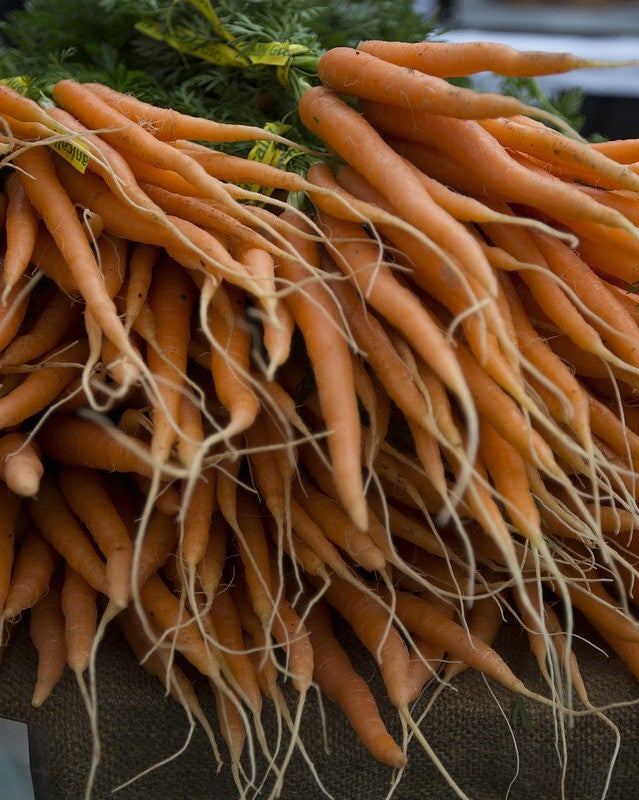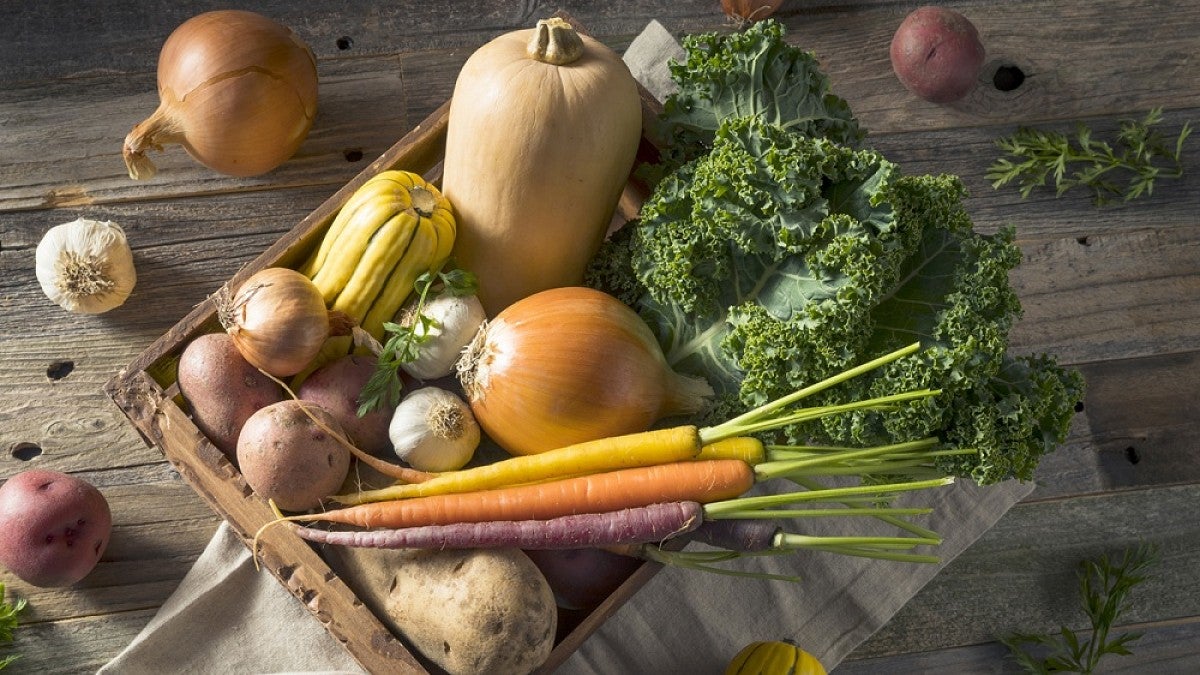Studies suggest as many as half of U.S. college students will experience food insecurity while in school, so the University of Oregon is getting ahead of the curve to keep Ducks focused on their studies, not their next meal.
“We know food secure students do better in school,” said Jill Creighton, assistant dean of students and chair of the UO Food Security Task Force.
To help students in need, the task force created the Feed the Flock initiative, a series of programs addressing food insecurity on campus. While some of the programs have already enjoyed successful soft launches, the Homecoming Feed the Flock Pep Rally last weekend served as the public kickoff to bring attention to the issue and inform alumni, faculty members, staff and students how to help Ducks in need.
Ducks Food Cache is an innovative text program to connect students to leftover catering food. Thanks to funding from the Office of the Vice President for Finance and Administration, the campus Geographic Information Science and Mapping team worked with UO Catering to build an automated text alert system.
Event organizers indicate on their catering request if they’d like to make leftovers available to students. If anything is left at the end of the event, a text is automatically sent to participating students with the location and time frame.
“The relationship is really between the event host and the students who’ll receive the message,” said GIS program director Ken Kato. “Catering is the glue that binds the two together.”
Currently, the service is in beta testing mode and will be ready to fully launch in winter term.
How you can help:
- Opt in to distribute catering leftovers to students when you plan on-campus events.
- Encourage students to sign up as beta testers.
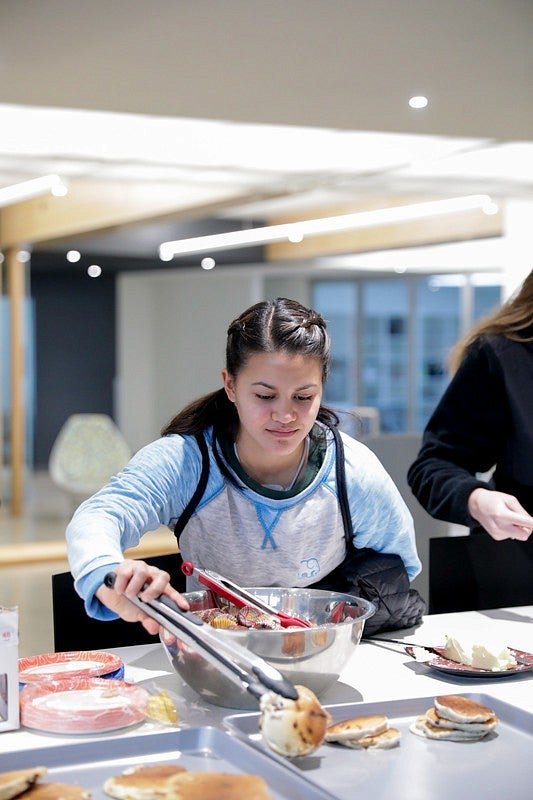
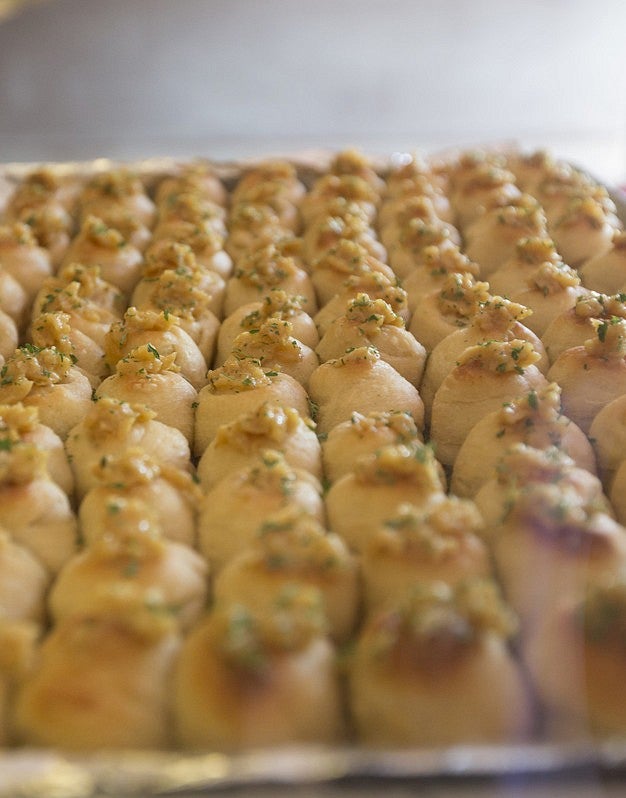
Built in-house by UO developers and managed by the UO Card Office, the Ducks Feeding Ducks pilot program will address immediate needs by depositing $10 into struggling students’ Duck Bucks accounts.
“We figured $10 is approximately one meal, so our goal is 2,500 meals per term,” said Tamarra White, card office and guest services manager.
The program is funded for the 2018–19 school year by ASUO Street Faire profits and the Office of the President. Students apply online, and the money is generally in eligible students’ accounts within an hour. Repeat recipients are also connected with the Office of the Dean of Students to help find more long-term resources.
How you can help:
- Give a meal online to feed students immediately.
- Donate to the Students in Crisis Fund to help fund the program long-term.
- Spread the word to students in need.
To increase access to healthy food, the Student Sustainability Center partnered with Food for Lane County to bring their Produce Plus program to campus.
Set up like a farmer’s market in the Erb Memorial Union amphitheater, the monthly produce drops provide free fruits and vegetables to students who self-identify as earning up to 200 percent of the federal poverty limit.
The first produce drop Oct. 16 distributed 400 pounds of produce in the first 45 minutes. But the people who stopped by throughout the event weren’t just those in need.
“People were coming up and saying, ‘I don’t need anything, but how can I help?’” said Jade Menchaca, the student food security coordinator at the Student Sustainability Center.
Produce drops take place on the second Tuesday of every month from 3-5 p.m. in the EMU amphitheater.
How you can help:
- Contact the Student Sustainability Center about volunteer opportunities.
- Donate to Food for Lane County.
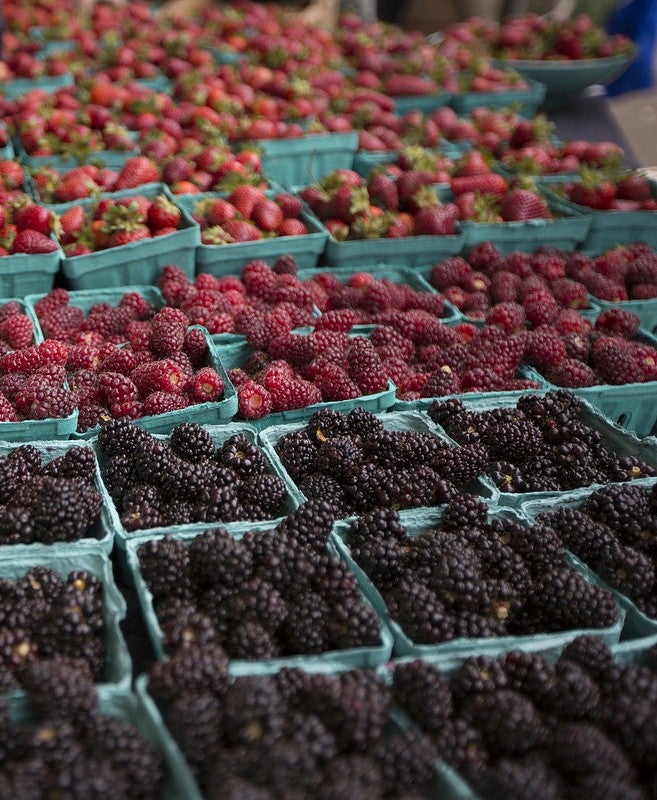
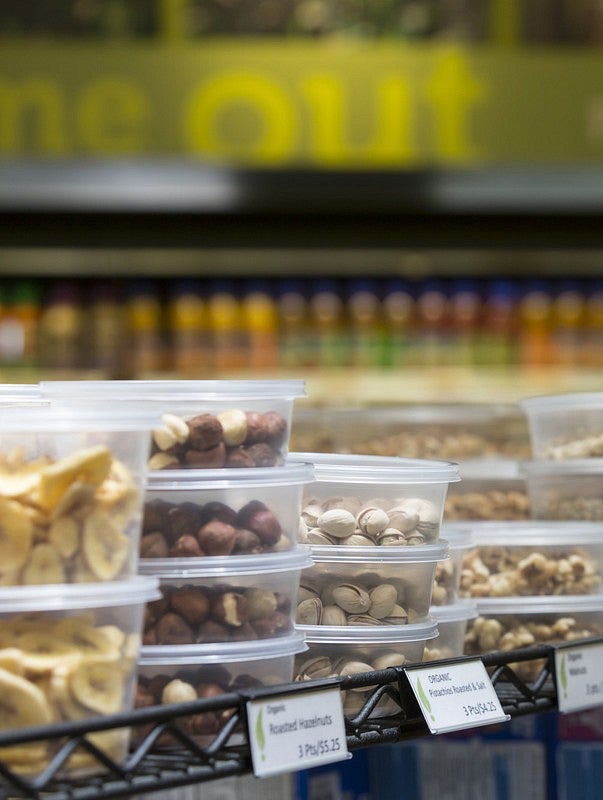
Enrolling for the Supplemental Nutrition Assistance Program, also called SNAP, can be confusing and students often don’t realize they qualify. The Student Sustainability Center and Duck Nest collaborated with Partners for a Hunger Free Oregon and the state Department of Human Services to train student volunteers on the SNAP application process and started hosting enrollment fairs.
Taylor McHolm, director of the Student Sustainability Center and a task force member, estimates 22 students signed up during the first event and that most would receive benefits. The Duck Nest and Student Sustainability Center have also added regular drop-in hours with their volunteers to help students through the process.
How you can help:
- Contact the Student Sustainability Center and the Duck Nest for volunteer opportunities.
- Spread the word to students, especially those with work-study jobs who are likely eligible for SNAP benefits.
Now in its seventh year of operation, the Student Food Pantry is run by the Episcopal Campus Ministry and offers free food to students from any college, not just the UO.
Its off-campus location helps alleviate some student privacy concerns, helping more students feel comfortable accessing the resource. Visitors are led through the shelves by a volunteer who helps them select a wide range of items, including grains, vegetables, protein options, boxed meals and condiments. Much of the food is provided by Food for Lane County, along with local businesses and farms.
The Student Food Pantry is open Wednesdays and Thursdays from 4-6 p.m. Students need only bring their college ID and a bag.
How you can help:
- Drop off food donations at Eugene Campus Ministry anytime.
